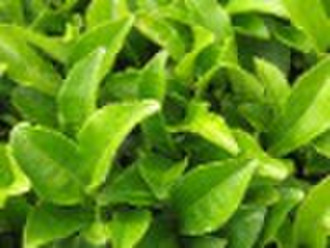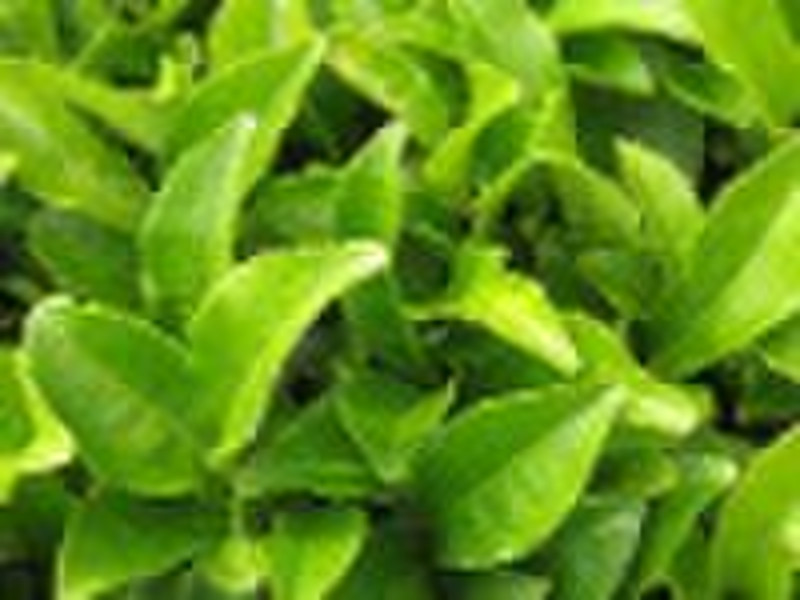Каталог
-
Каталог
- Автомобили и мотоциклы
- Безопасность и защита
- Бизнес
- Бытовая техника
- Бытовая электроника
- Детали машин и услуги по их изготовлению
- Дом и Сад
- Здоровье и медицина
- Игрушки и хобби
- Изделия из металла
- Измерительные и анализирующие приборы и инструменты
- Инструмент
- Красота и личная гигиена
- Мебель
- Мероприятия по охране окружающей среды
- Минералы и металлургия
- Модные аксессуары
- Обувь и аксессуары
- Одежда
- Освещение
- Подарки, сувениры
- Продовольственные товары и напитки
- Промышленное оборудование и техника
- Резина и пластмассы
- Сельское хозяйство
- Специальное оборудование
- Спорт, отдых и досуг
- Сток
- Строительство и недвижимость
- Текстиль и кожа
- Телекоммуникации
- Товары для офиса, учебы. Канцтовары
- Транспорт
- Упаковка и печать
- Химикаты
- Часы, Украшения, Очки
- Чемоданы, сумки
- Электронные компоненты, оборудование, принадлежности
- Электротехническое оборудование и принадлежности
- Энергия
Filters
Search
Экстракт зеленого чая
ориг. цена: 1,00 USD
Китай
Объем производства:
1000 Килограмм

Tracy Zhang
Контактное лицо
Основные данные
| Упаковка | Drum |
|---|---|
| Место происхождения | Shaanxi China (Mainland) |
| Стандарт | Premium |
| Бренд | YuenSun |
| Вид | Экстракт чая |
| Форма | Порошок |
| Части | Листья |
| Тип экстракции | Жидко-твердая экстракция |
Name: Green Tea P.E. Category: Standard Herbal Extract Effectiveness: Blood Glucose and Cholesterol Maintenance / Blood Pressure Adjustment /Circulation System Support/ Immunity Enhancer/ Anti-Aging / Weight Reduction / Anti-Cancer /Antisepsis and Anti-Inflammation Appearance: Light Yellow to Yellow Brown Powder or Light Green Powder Plant of Origin: Tea polyphenol Specifications of Product Content Specifications: Polyphenols 20%-98%, EGCG 15%-98%, Catechin 30%-90% Function and uses Green tea has been consumed throughout the ages in India, China, Japan, and Thailand. In traditional Chinese and Indian medicine, practitioners used green tea as a stimulant, diuretic (to promote the excretion of urine), astringent (to control bleeding and help heal wounds), and to improve heart health. Other traditional uses of green tea include treating flatulence (gas), regulating body temperature and blood sugar, promoting digestion, and improving mental processes.Green tea has been extensively studied in people, animals, and laboratory experiments. Results from these studies suggest that green tea may be useful for the following health conditions:AtherosclerosisPopulation-based clinical studies indicate that the antioxidant properties of green tea may help prevent atherosclerosis, particularly coronary artery disease. (Population-based studies means studies that follow large groups of people over time or studies that are comparing groups of people living in different cultures or with different dietary habits.) Researchers aren't sure why green tea reduces the risk of heart disease by lowering cholesterol and triglyceride levels. Studies show that black tea has similar beneficial effects. In fact, researchers estimate that the rate of heart attack decreases by 11% with consumption of 3 cups of tea per day. In May 2006, however, the U.S. Food and Drug Administration (FDA) rejected a petition from teamakers to allow tea labels to claim that green tea reduces the risk of heart disease. The FDA concluded that there is no credible evidence to support qualified health claims for green tea or green tea extract reducing the risk of heart disease.High cholesterolResearch shows that green tea lowers total cholesterol and raises HDL ("good") cholesterol in both animals and people. One population-based clinical study found that men who drink green tea are more likely to have lower total cholesterol than those who do not drink green tea. Results from one animal study suggest that polyphenols in green tea may block the intestinal absorption of cholesterol and promote its excretion from the body. In another small study of male smokers, researchers found that green tea significantly reduced blood levels of harmful LDL cholesterol.CancerSeveral population-based clinical studies have shown that both green and black teas help protect against cancer. For example, cancer rates tend to be low in countries such as Japan where people regularly consume green tea. However, it is not possible to determine from these population-based studies whether green tea actually prevents cancer in people. Emerging clinical studies suggest that the polyphenols in tea, especially green tea, may play an important role in the prevention of cancer. Researchers also believe that polyphenols help kill cancerous cells and stop their progression.Breast cancer. Clinical studies in animals and test tubes suggest that polyphenols in green tea inhibit the growth of breast cancer cells. In one study of 472 women with various stages of breast cancer, researchers found that women who consumed the most green tea experienced the least spread of cancer (particularly premenopausal women in the early stages of breast cancer). They also found that women with early stages of the disease who drank at least 5 cups of tea every day before being diagnosed with cancer were less likely to suffer recurrences of the disease after completion of treatment. However, women with late stages of breast cancer experienced little or no improvement from drinking green tea. In terms of breast cancer prevention, the studies are inconclusive. In one very large study, researchers found that drinking tea, green or any other type, was not associated with a reduced risk of breast cancer. However, when the researchers broke down the sample by age, among women under the age of 50, those who consumed 3 or more cups of tea per day were 37% less likely to develop breast cancer compared to women who didn't drink tea.Inflammatory Bowel Disease (IBD)Green tea may help reduce inflammation associated with Crohn's disease and ulcerative colitis, the two types of IBD. If green tea proves to be helpful for preventing colon cancer, this would be an added benefit for those with IBD because they are at risk for colon cancer.DiabetesGreen tea has been used traditionally to control blood sugar in the body. Animal studies suggest that green tea may help prevent the development of type 1 diabetes and slow the progression once it has developed. People with type 1 diabetes produce little or no insulin, a hormone that converts glucose (sugar), starches, and other foods into energy needed for daily life. Green tea may help regulate glucose in the body.A few small clinical studies have found that daily supplementation of the diet with green tea extract powder lowered the hemoglobin A1c level in individuals with borderline diabetes.Liver diseasePopulation-based clinical studies have shown that men who drink more than 10 cups of green tea per day are less likely to develop disorders of the liver. Green tea also seems to protect the liver from the damaging effects of toxic substances such as alcohol. Animal studies have shown that green tea helps protect against the development of liver tumors in mice.Results from several animal and human studies suggest that one of the polyphenols present in green tea, known as catechin, may help treat viral hepatitis (inflammation of the liver from a virus). In these studies, catechin was isolated from green tea and used in very high concentrations. It is not clear whether green tea (which contains a lower concentration of catechins) confers these same benefits to people with hepatitis.Weight lossClinical studies suggest that green tea extract may boost metabolism and help burn fat. One study confirmed that the combination of green tea and caffeine improved weight loss and maintenance in overweight and moderately obese individuals. Some researchers speculate that substances in green tea known as polyphenols, specifically the catechins, are responsible for the herb's fat-burning effect.
Условия поставки и упаковка
Packaging Detail: 1kg/one bag, or 5kg/one bag, or 25kg/drum with double plastic bag and can be customized Delivery Detail: 5days after payment received
Порт: Xi'an, Shanghai, Tianjin
Условия оплаты
Аккредитив
Электронный перевод
Вестерн Юнион
-
Способы оплаты
Для оплаты товаров и услуг на нашем портале, Вы всегда получаете счет, в котором Вам необходимо самостоятельно указать свои данные.
Мы принимаем к оплате:









